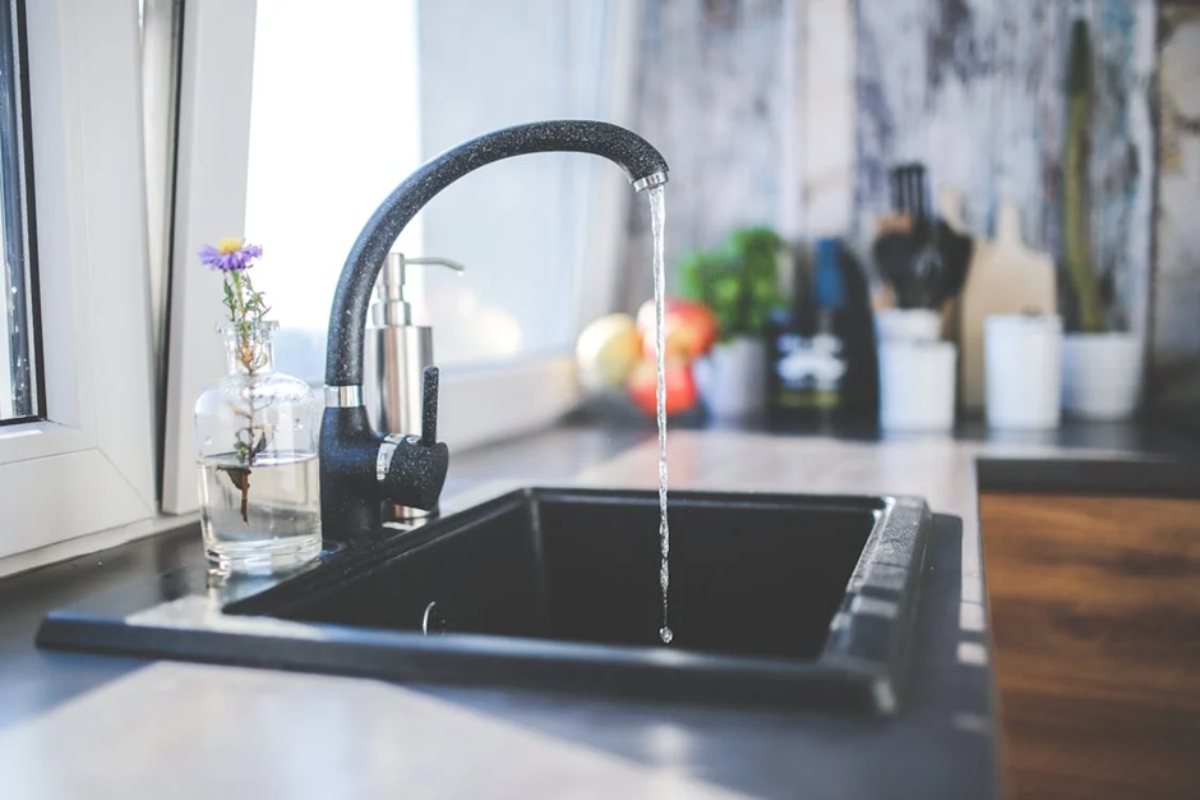Table of Contents
The Importance of Clean Water
Water is vital for all life, but not all water is safe. Access to clean water is key for human health, agriculture, industry, and ecosystems. As cities grow and industries expand, the risk of water contamination increases.
Water quality affects drinking, cooking, and sanitation. Safe water prevents diseases and supports well-being.
Health effects of contaminated water
Contaminated water can cause many health issues, such as
- Stomach infections
- Neurological disorders
- Chronic long-term conditions
Water quality is crucial for personal health and community stability. Despite improvements in treatment, safe water supplies remain a global challenge.
Broader Effect of Water Quality
Water quality affects more than just health:
- Food production: Poor water can lead to crop failures and harm agriculture.
- Energy generation: Contaminated water affects industrial and energy processes.
- Biodiversity: Polluted water harms aquatic life and disrupts ecosystems.
When marine and freshwater species decline, humans lose key food sources.
The Challenges of Maintaining Water Quality
Keeping water clean and safe is essential, but many factors threaten quality. Pollution, aging infrastructure, and climate change complicate management.
Industrial waste poses a major threat by releasing harmful chemicals into rivers and groundwater. In agriculture, pesticides and fertilizers can seep into water supplies, affecting rural and urban areas. Natural contaminants like arsenic and lead may also be present. Regular filtration and monitoring are crucial.
The deterioration of aging infrastructure raises concerns. In older cities, corroded pipes can leak harmful substances, like lead, into drinking water. Climate change worsens the situation, causing irregular rainfall, droughts, and floods that disrupt water quality and availability.
Another pressing issue is the rise of microplastics in drinking water. They come from factories, products, and trash. Microplastics are now found in bottled water, tap water, and even deep-sea areas. Their long-term health effects are unknown, but their presence calls for urgent global action. We need to reduce plastic pollution and improve water filtration technologies.
Safe water quality requires teamwork. Governments, industries, and individuals must collaborate globally.
Water Quality Issues in Large Cities
Urban areas face unique challenges in maintaining water quality. Cities often struggle with pollution and overuse because of large populations and industrial activity.
Many cities rely on distant water sources, which need extensive treatment. Aging infrastructure in older cities poses serious risks. For example, lead pipes can contaminate drinking water, leading to long-term health issues.
Urban runoff adds to the problem. Pollutants from roads, vehicles, and construction sites wash into water supplies, carrying heavy metals and other contaminants.
Wastewater management is also a pressing issue. In some cities, outdated sewage systems can’t fully prevent contamination, threatening residents and ecosystems.
To tackle these challenges, urban planners and policymakers must create strategies that improve infrastructure, enhance treatment, and ensure safe water access for growing populations.
Major water quality concerns in large cities include:
- Aging infrastructure–older pipes may contain lead or corroded materials, compromising water safety.
- Industrial pollution–factories can release chemicals and waste into nearby water, requiring strict regulations.
- Stormwater runoff–rainwater can carry oil, pesticides, and other pollutants into reservoirs and rivers.
- Overpopulation–high demand for clean water can strain treatment facilities, compromising quality.
- Wastewater mismanagement–Poor sewage treatment can cause untreated wastewater to mix with drinking water.
City governments need to invest in new water treatment plants. They should also enforce stricter industry rules. Additionally, promoting public awareness about water conservation is important.
You can also use high-quality water filters in your home. A reputable tankless water filter company can provide the products you need to improve your water quality.
The Role of Individuals and Communities in Water Conservation
Government rules and good infrastructure are important. But individual and community actions also matter. Simple choices can make a big difference. For example, dispose of household chemicals properly. Reduce plastic waste and use water-efficient appliances.
Communities can help by:
- Advocating for better water policies
- Supporting sustainable practices
- Encouraging responsible business behavior
At home, steps like investing in water filtration systems or regularly testing water supplies ensure safer drinking water.
Grassroots initiatives can amplify this impact. Local clean-up drives, awareness campaigns, and educational programs inspire lasting change. Schools can teach water conservation. Businesses can also adopt sustainable practices to reduce their environmental impact.
Public participation is powerful. Communities can improve water quality by supporting water-protection laws. They should also engage in environmental policymaking. This way, they secure lasting benefits for their water resources.
When people and communities share responsibility, they create a culture of conservation. This helps protect water resources for future generations.
Conclusion
The importance of water quality is clear. Clean, safe water is key to human health, economic growth, and a balanced environment. Yet, challenges like pollution, outdated infrastructure, and climate change threaten this essential resource.
Urban areas have dense populations and lots of industry. This makes it hard to keep water supplies safe.
Government action and tech innovation are key, but individuals and communities are just as important. Everyday choices, combined with collective advocacy for better policies, can create meaningful change.
We tackle water quality issues today. This ensures a healthier and more sustainable future. Clean water is vital. We can protect this vital resource for future generations by supporting conservation efforts.

